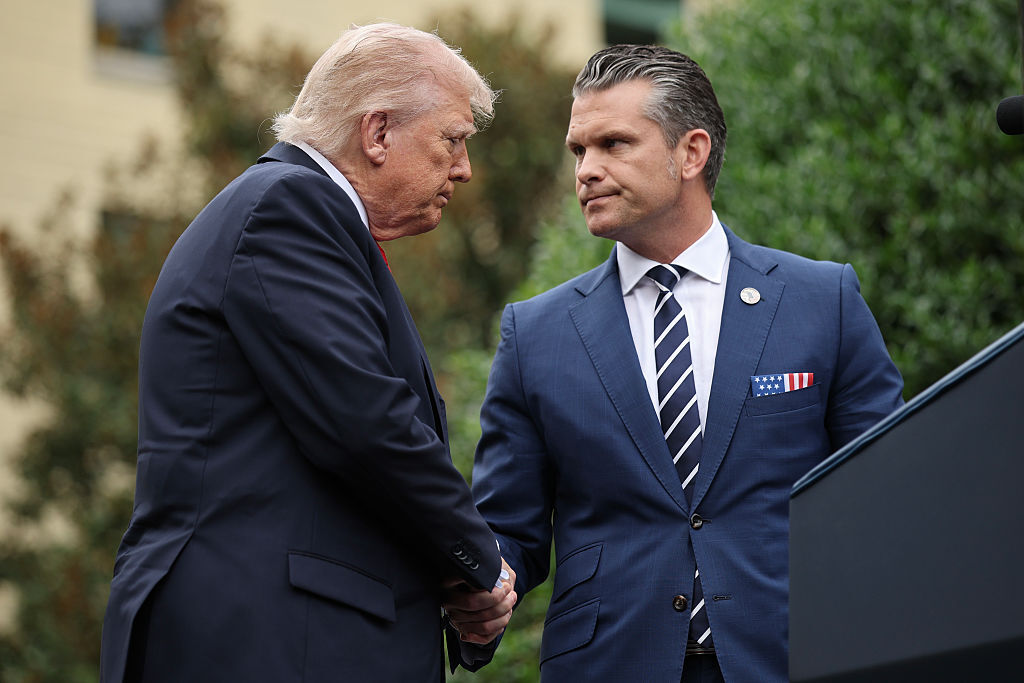Trump and Higgsith Declare a Domestic Challenge to Military Norms

Unlike previous administrations, Trump utilized this military platform to criticize political adversaries and labeled the media as 'malicious.' This raises concerns about the intersection of military duties and political agendas.
Among the most contentious points was Trump's proposal to deploy military personnel in cities such as Los Angeles, Washington, and Portland, citing the need to address 'civil unrest and crime.' This represents a significant shift in the military's role from defending against external threats to intervening in domestic issues.
Secretary of Defense Pete Higgsith, who has renamed his department to the 'Department of War,' announced several initiatives aimed at redefining military culture. He expressed concerns about what he termed 'woke' ideology within the military and called for new standards regarding physical fitness and appearance.
The changes extend beyond rhetoric, as a substantial reduction in personnel—impacting 20% of generals and admirals, including four-star officers—raises questions about the criteria for these decisions. Higgsith's assertion that 'it is almost impossible to change a culture with the people themselves' suggests a desire to fundamentally alter the military's identity.
This trend presents significant constitutional challenges, particularly concerning the military's role in domestic affairs, the separation of powers, and the independence of military institutions. Historically, the U.S. military has focused on external security rather than engaging in internal political disputes.
The ongoing changes within the U.S. military under Trump and Higgsith signal a critical juncture in American history. The potential transformation of the military into a tool for a 'Domestic War' poses risks to the democratic principles upon which the nation is founded and raises concerns about the militarization of civilian life and the politicization of the military. This situation echoes the warnings of the founding fathers regarding military involvement in domestic matters, a cautionary lesson that remains relevant today.
